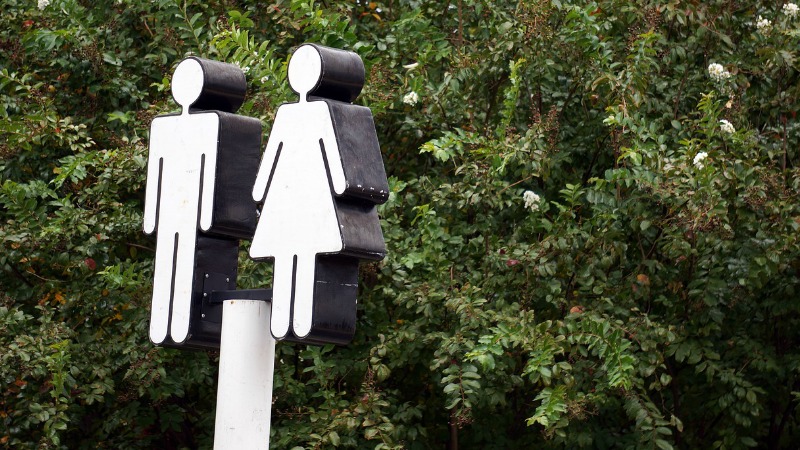What can a secular Jewish philosopher’s musings on Genesis teach evangelical Christians about life, death, and sex? More than one might think.
The Beginning of Wisdom: Reading Genesis, by University of Chicago ethicist Leon Kass, has its problems. For one thing, Kass assumes an evolutionary understanding of human origins. For another, the book doesn’t interact with the kind of Christocentric reading of Genesis that many of us think explains the meaning of this ancient book. Still, The Beginning of Wisdom offers some powerful insights, meant to shake the idolatries of the contemporary age. This can be seen in Kass’s treatment of the relationship between human sexuality and human mortality–a relationship he sees laid out in the Genesis account of the Fall.
Moses tells us that the primeval couple, upon eating from the Tree of the Knowledge of Good and Evil, were tempted by the Serpent to “become as gods” (Gen 3:5). But the fallen ones did not immediately drop dead. Instead, they immediately became aware–and ashamed–of their nakedness. Kass sees in this text profound truths about the nature of human sin and human sexuality–truths eclipsed by the spirit of the age.
“In looking, as it were, for the first time upon our bodies as sexual beings, we discover how far we are from anything divine,” Kass observes. “More concretely, we discover, first, our own permanent incompleteness and lack of wholeness, both without and within. We have need for, and are dependent upon, a complementary yet different other, even to realize or satisfy our bodily nature. We learn that sex means that we are halves, not wholes, and, worse, that we do not command the missing complementary half.”
Kass does not see the whole picture, but he is on to something here. Human sexuality should remind us that we are not gods. After all, Genesis tells us that our Creator formed us as male and female, precisely because man alone was “not good” (Gen 2:18). Furthermore, the procreative mandate was given to fill and subdue an incomplete creation–a creation subdued and filled by the kingship of Christ at the end of the age, when there will no longer by marrying and giving in marriage (Mark 12:18-27). With such the case, humanity’s attempt to deify itself has left tragedy in its wake, a tragedy seen even in our relationships as men and women.
Thus, the shame of the ancient Fall should explain something of the predicament human culture now finds itself in. Kass has seen such problems close up, as a proponent of traditionalist understandings of marriage and courtship, and as chair of President Bush’s commission on human cloning.
Some aspects of fallen culture ask us to deify sex; to bask in sexual hedonism unhinged from the creation purposes of God. Such a viewpoint is seen in the ongoing “sexual revolution,” as well as in the push toward homosexuality, an aberration the apostle Paul links to idolatry (Rom 1:24-28). Other aspects of human culture pull us to the opposite extreme–rejecting human sexuality altogether. Thus, the proliferation of reproductive technologies often seeks to grant us immortality, by severing the propagation of the species from sex. After all, who needs “male and female” when we have mastered human cloning?
The Beginning of Wisdom should be read, with a critical eye and an open copy of the Book of Genesis. We won’t agree with everything we read, but we will be challenged to ponder the wisdom of our Creator, a Wisdom that Christian Scripture reveals has a name–Jesus of Nazareth (1 Cor 1:30). And in an era of ongoing skirmishes over gender roles, sexuality, and the sanctity of human life, we will be reminded that the “culture wars” are really nothing new.






